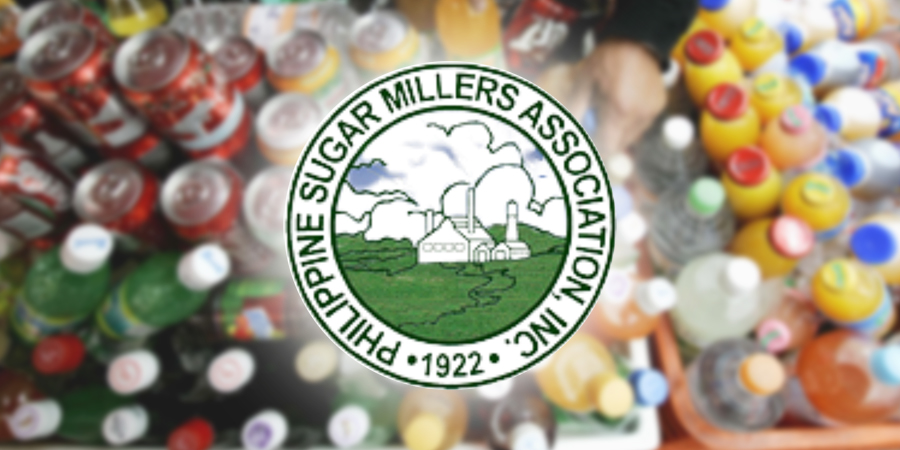The Philippine Sugar Millers Association (PSMA) have raised objections to plans of Finance Secretary Benjamin Diokno to increase the tax on sweetened beverages to P12 by next year.
In a letter to President Ferdinand Marcos Jr., also the concurrent Agriculture secretary, PSMA expressed utmost concern over the recent pronouncement of Diokno to increase the excise tax rate on sugar-using beverages, and retain the tax rate on beverages using high fructose corn syrup (HFCS), and adopt an open sugar importation.
Under the sugar sweetened beverage (SSB) tax provision of the TRAIN law, beverages that use sugar are imposed an excise tax of P6 per liter, while those that use HFCS (either entirely, or in combination with sugar or other sweeteners,) are subject to P12 per liter excise tax, according to PSMA.
On the other hand, the importation of sugar is regulated by the Sugar Regulatory Administration (SRA) which is under the Department of Agriculture.
PSMA informed President Marcos Jr that the 17th Congress adopted a two-tier excise tax system for SSB, with the higher tax rate for beverages with HFCS to discourage their consumption because of health risks, while the lower tax rate on sugar-using beverages to encourage the continued use of sugar. Both ensures government revenue from SSBs, regardless of the sweetener being used.
The sugar millers also noted that sugar production in the country primarily involves farmers and workers in the provinces, while HFCS is entirely imported at significantly cheaper prices, primarily due to government subsidies to corn products by HFCS exporting nations.
This proposal to raise and equalize with HFCS the tax rate on sugar beverages to P12/liter signals a significant shift in policy, from giving due regard to the importance of supporting locally produced sugar to promote growth in our agricultural sector and lessen importation, to favoring the use of imported sweeteners, PSMA president Pablo Lobregat said.
Lobregat further said that increasing the excise tax on sugar-using beverages will only serve to promote the use of HFCS in beverages, but will not benefit the entire local food industry.
This is because HFCS is used as sweetener primarily, and only in beverages, and not in the production of food products such as bread, pandesal, etc., he stressed.
In effect, the proposed increase in SSB tax on sugar will benefit as small segment of beverage manufacturers – composed of multinational corporations – at the expense of Filipino farmers and workers, who are saddled with a higher sugar excise tax rate, Lobregat pointed out.
If government needs additional revenue to fund poverty alleviation programs, the PSMA president said that DOF should instead consider intensifying its efforts to ensure compliance with the existing two-tier SSB excise tax structure, noting that recent raids conducted by the Bureau of Internal Revenue on production facilities of beverage manufacturers, supermarkets and groceries, indicate that the SSB tax has not been thoroughly enforced.
Raising the SSB excise tax will result to higher selling prices of soft drinks, which will be passed to consumers, which will add to inflation, Lobregat said.
In a recent study on open sugar importation, or sugar liberalization, commissioned by the National Economic Development Authority, it was determined that although liberalization should be pursued, the case for “sugar trade liberalization appears to be weak at this time,” he added.
The study instead recommended gradual or phased-in liberalization, Lobregat also said.
NEDA categorically concluded in the study that “liberalization would benefit consumers, but would favor the rich more than the poor. All this would be a clear cost to the sugar industry stakeholders,” he further stressed. (Gilbert Bayoran via TVDS photo by TVDS)

